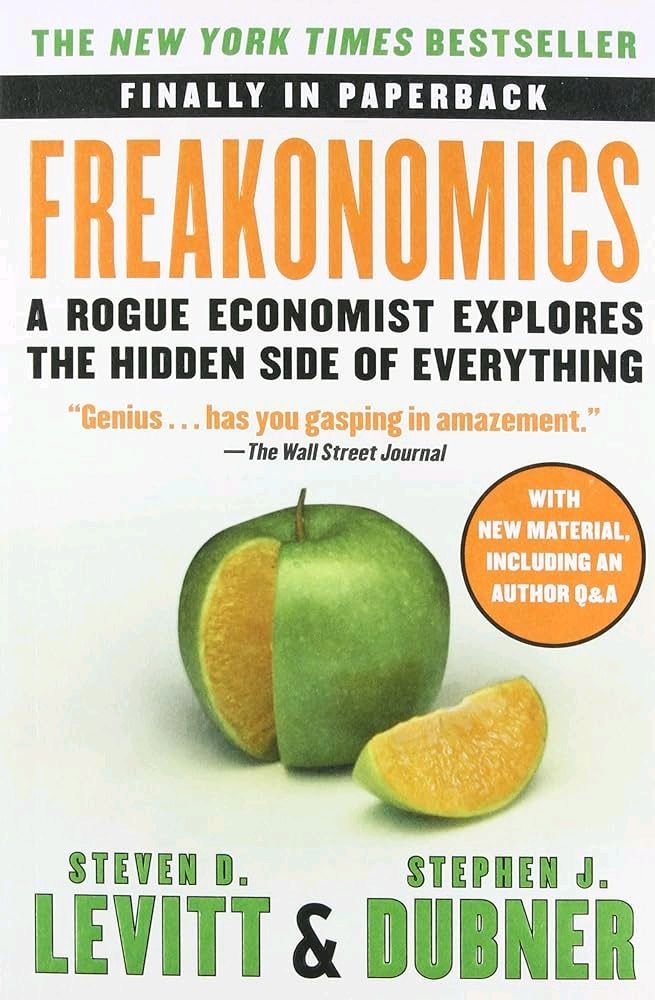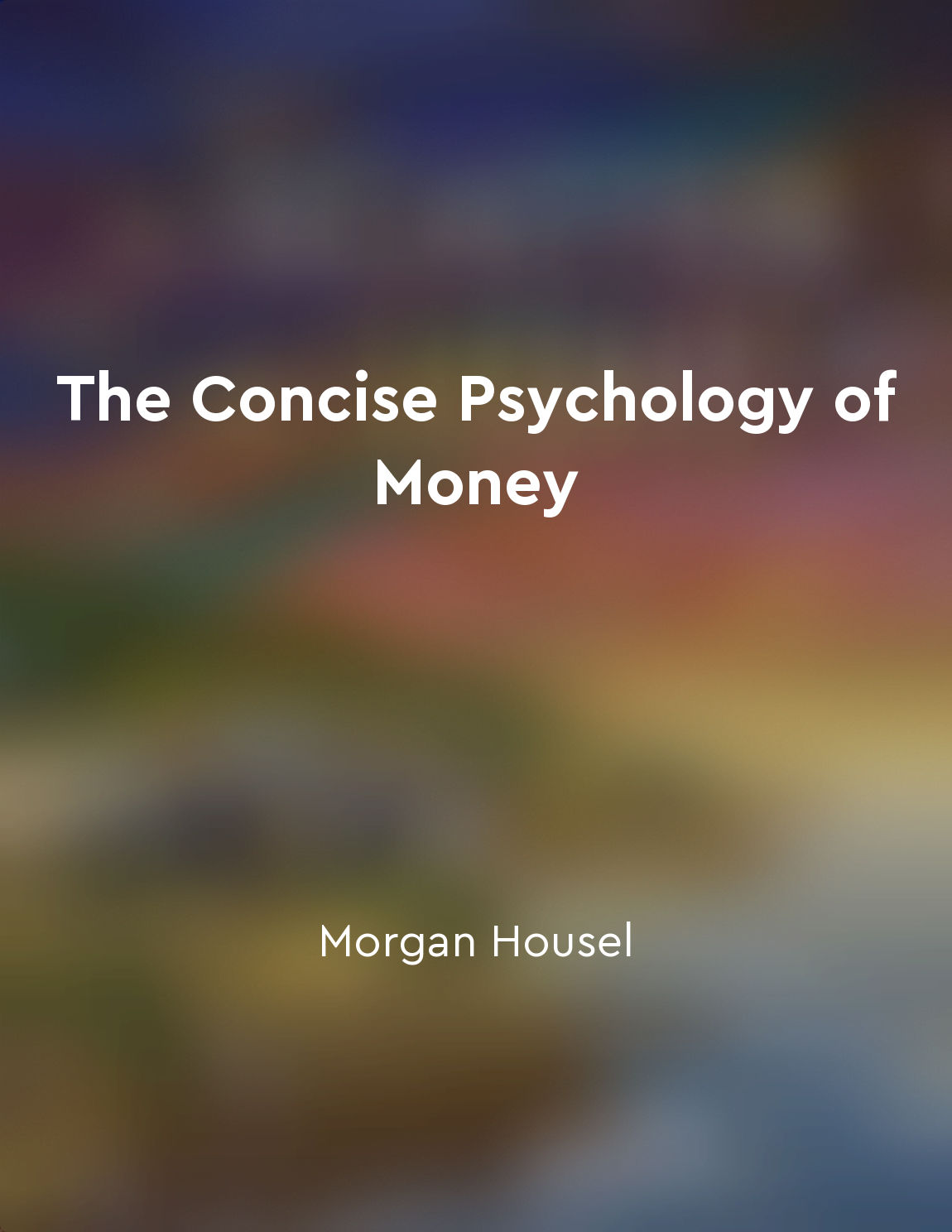Behavioral economics can inform public finance policies from "summary" of Public Finance by Harvey S. Rosen
Behavioral economics can provide valuable insights for policymakers in the realm of public finance. Traditional economic models often assume that individuals are rational actors who make decisions based on maximizing their own utility. However, behavioral economics recognizes that human behavior is influenced by cognitive biases and heuristics that can lead to suboptimal decision-making. By incorporating insights from behavioral economics, policymakers can design more effective and targeted public finance policies. For example, behavioral economics research has shown that individuals tend to have a present-bias, meaning they place greater value on immediate rewards compared to future benefits. This insight can inform the design of tax incentives or subsidies that encourage individuals to save or invest for the future. Furthermore, behavioral economics can help policymakers understand how individuals respond to changes in tax policy or government programs. For instance, research in behavioral economics has demonstrated that individuals often exhibit inertia or status quo bias when faced with complex decisions. Policymakers can use this knowledge to design interventions that nudge individuals towards more financially responsible behaviors, such as automatic enrollment in retirement savings plans. In addition, behavioral economics can shed light on how individuals perceive and respond to tax burdens. Research in this field has shown that individuals may have different attitudes towards taxes depending on how they are framed or presented. By understanding these behavioral factors, policymakers can design tax policies that are more palatable to the public and achieve greater compliance.- The integration of behavioral economics into public finance can lead to more informed and effective policy decisions. By taking into account the complexities of human behavior, policymakers can design policies that are better suited to the realities of how individuals make financial decisions. This approach can ultimately lead to more successful outcomes and improved welfare for society as a whole.
Similar Posts
Economic behavior is influenced by social institutions
The behavior of individuals in an economy is not solely determined by their individual desires or preferences. Rather, it is gr...

Predicting human behavior is complex
In the world of economics, predicting human behavior is a complex and challenging task. People are influenced by a myriad of fa...
Karl Marx argued that capitalism would inevitably lead to class conflict and revolution
Karl Marx, the revolutionary thinker of the 19th century, believed that capitalism was a system that would inevitably sow the s...
The importance of zero taxes in retirement
One of the key concepts to understand when it comes to retirement planning is the idea of minimizing taxes in retirement. This ...
Positive psychology has valuable insights for happiness
Positive psychology emphasizes the importance of focusing on what is right with people, rather than on what is wrong. This appr...
We tend to conform to social norms and expectations
When we gather in groups, our behavior tends to be influenced by the norms and expectations of the group. Whether it is a socia...
Financial crises can have significant macroeconomic consequences
Financial crises are events that occur when financial markets are disrupted, causing adverse effects on the overall economy. Th...

Timing the market is nearly impossible, so it's best to adopt a longterm investment strategy
Trying to time the market is like trying to predict the weather - it's unpredictable and often futile. The financial markets ar...

Consumers maximize utility
Consumers are rational agents who seek to maximize their satisfaction from consuming goods and services. This satisfaction, kno...
Social norms impact economic decisions
Social norms play a crucial role in shaping the economic decisions that individuals make. People often base their choices not o...

